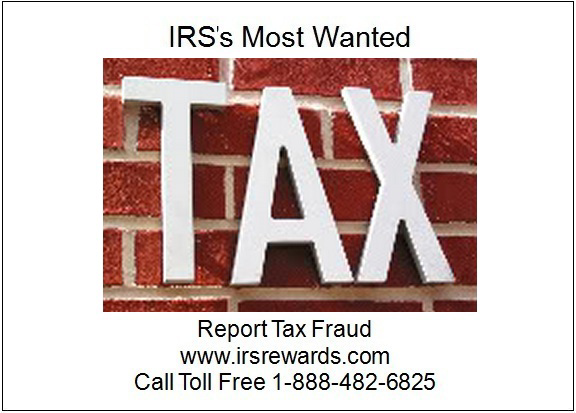A week ago, a U.S. District Court judge ruled that the IRS could not regulate tax preparers, which the agency had started implementing. The program had included educational training, as well as ethical guidelines and background checks.
The professional community was almost unanimous in support of the IRS’ training requirements and regulations, since it helped provide some level of assurance to taxpayers that their returns were being filed properly. The IRS has started the appeals process on the ruling.
There are hundreds, if not thousands, of cases each year of uncredentialed tax preparers misleading consumers and filing illegal returns. Just this week, we have three more examples:
In Hayward, CA — A Hayward preparer with 20 years’ experience pleaded guilty to four counts of creating false federal tax returns for himself, and 41 counts of assisting in preparing false returns for others. Naushad Buksh’s actions cost the IRS at least $160,000 for the underreporting on his own returns, and several hundred thousand for the other returns, according to prosecutors. He faces as much as three years in prison for each count (he pled guilty to 45 in all), as well as a $250,000 fine.
In Pittsburg, CA — A woman was sentenced to 18 months in federal prison for committing tax fraud and conspiring to file false claims. Taneshia Stephenson received the sentence Wednesday, after pleading guilty and admitting to helping others receive fraudulent tax refunds. Prosecutors have alleged that as many as 20 more people were involved.
In Florence, SC — Two women are being sued in civil court to bar them from tax return preparation. Susann Allen and Rachel D. Watson are alleged to have prepared thousands of fraudulent returns. These actions have cost the federal government as much as $8.5 million over the past four years. Prosecutors say the preparers undertsated liabilities and claimed inappropriate deductions and credits to increase refund amounts.
Of more than 3,000 returns the pair prepared from 2009 to 2012, nearly all misused the Earned Income Tax Credit. After examining only 32 returns from that time frame, the IRS says it found that all of them overstated clients’ refunds by an average of $2,859.
Thanks for reading CPA Practice Advisor!
Subscribe Already registered? Log In
Need more information? Read the FAQs
Tags: Income Taxes, Taxes




